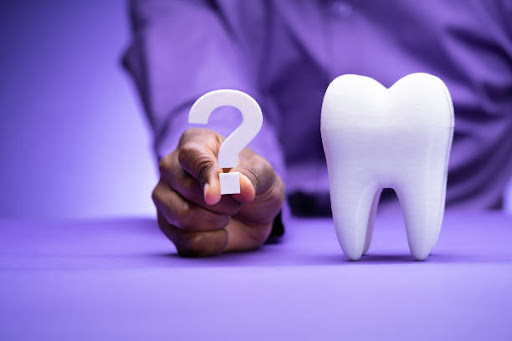
Are you embarrassed to show your smile due to missing teeth? People with missing teeth may experience diminished self-confidence as a result of their missing teeth. It is not only possible to replace gaps in your smile with modern dentistry, but also to create long-term replacements that look and feel as natural as your own natural teeth. There are several options available to you. The following are a few of the most common tooth replacement options:
Dentures
For those who have lost many or all of their teeth, dentures are an effective solution. The result is a realistic, aesthetically pleasing smile. Patients who are missing multiple teeth, either on top or bottom, can benefit from them. We will begin by taking an impression of your mouth. We will then send the impression to a laboratory for the creation of a customized set of dentures. When your dentures are ready, we will ensure that they fit properly and make any necessary adjustments. Cleaning dentures with a non-abrasive cleanser should be done on a regular basis. In order to take care of your dentures properly, our team will provide you with all the information you require.
Dental bridge
It is possible that you have heard of a dental bridge being referred to as partial dentures. A dental bridge is used to replace one or more missing teeth. By doing so, they prevent your existing teeth from shifting into the empty gaps left by your missing teeth. You can replace your missing teeth with a bridge by using your surrounding teeth as anchors. The bridge can be customized to look just like your natural teeth, so no one will be able to distinguish between the two.
Dental implants
Dental implants are a long-term solution for replacing missing teeth. With proper care, dental implants can last a lifetime, unlike dentures, which may need to be replaced at some point. You will be examined by a member of our team to ensure that your gum tissue is healthy and that there is sufficient bone support to anchor the implant. In some cases, additional preparations are necessary, such as a bone graft, to ensure that your implant is placed on a solid, stable foundation.
It is possible to fill gaps in your smile. In order to determine the most suitable tooth replacement solution for you, our Orland Park IL Dentist will work with you to determine your individual requirements. Filling the gaps between missing teeth is important to protect your gums from deterioration and to prevent teeth from shifting into these empty spaces.
Moreover, tooth replacement solutions such as dentures, bridges, or implants can help improve your speech and comfort. If you are missing teeth, we invite you to schedule a consultation with Chicago Dental Implants, Oral & Facial Surgery.













